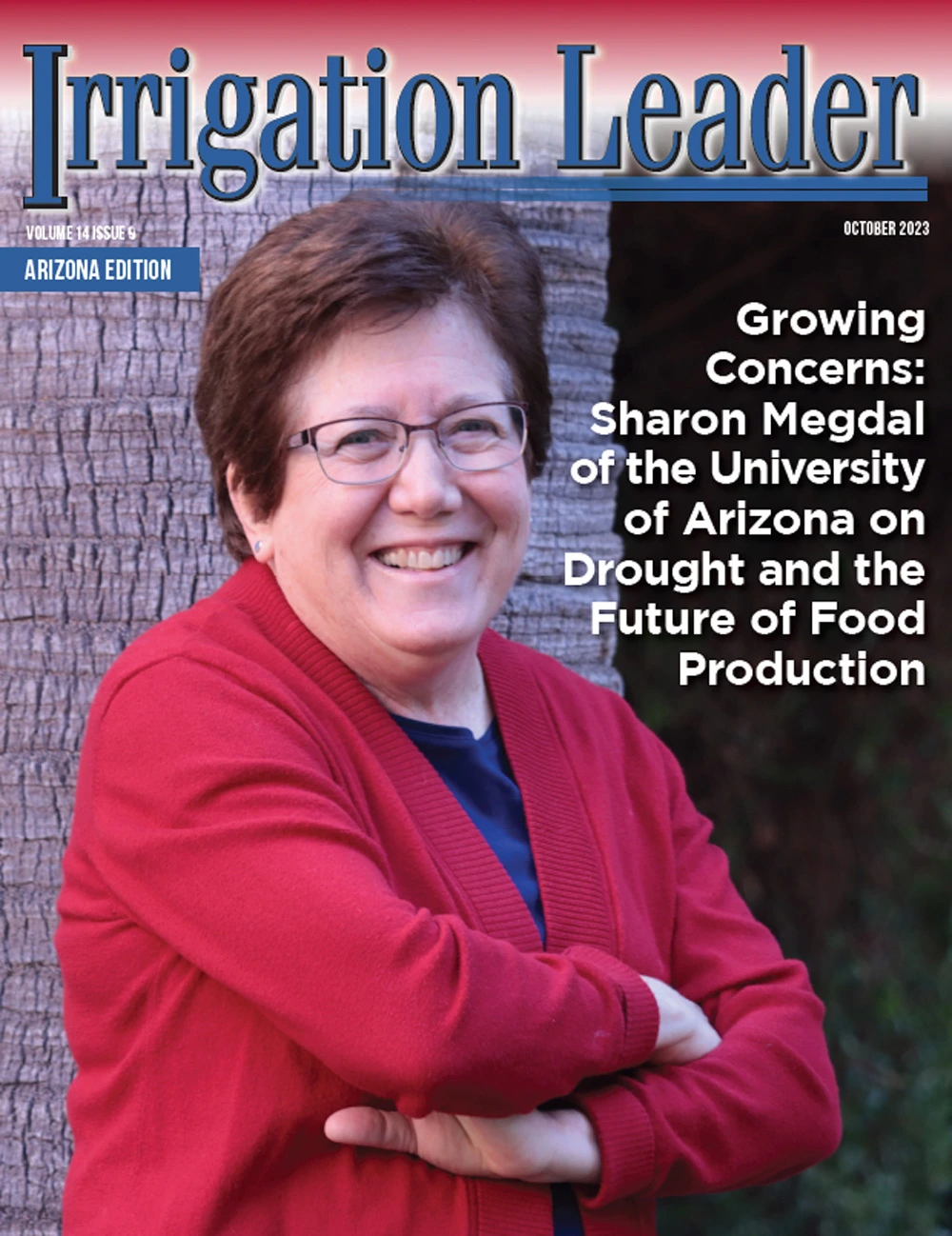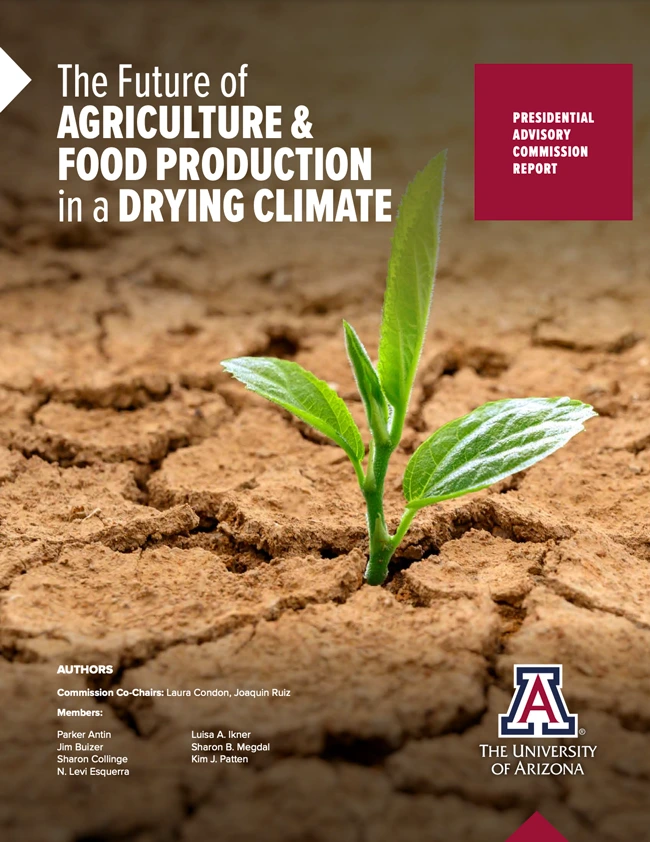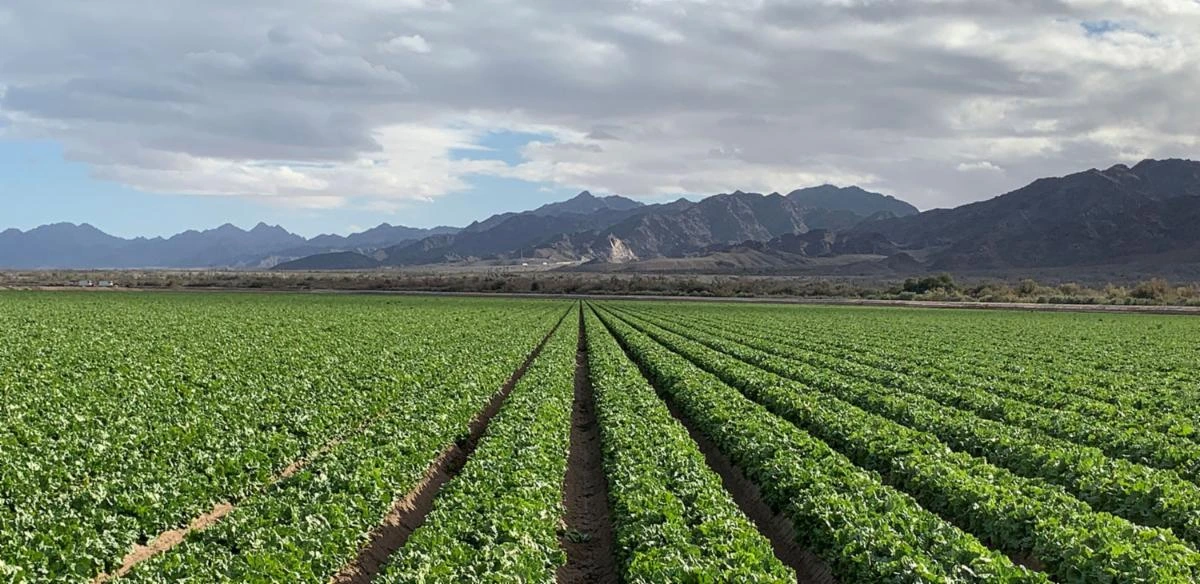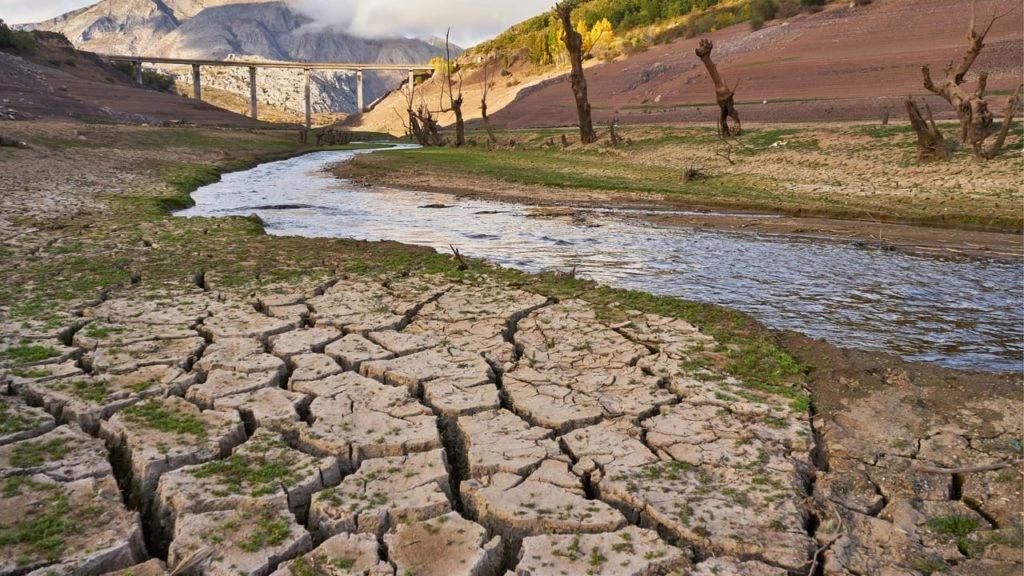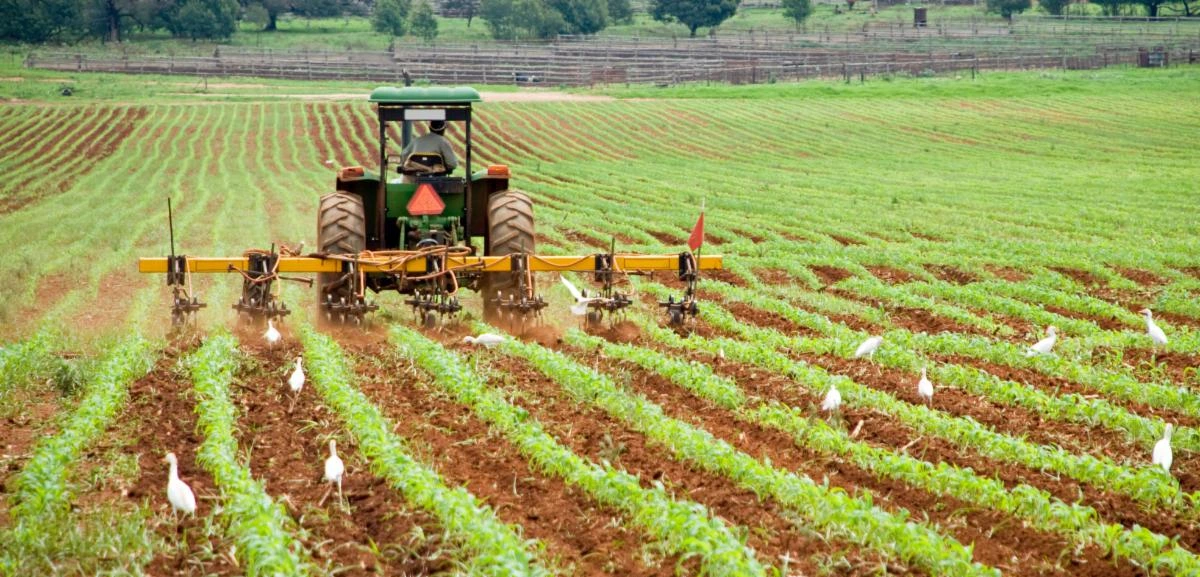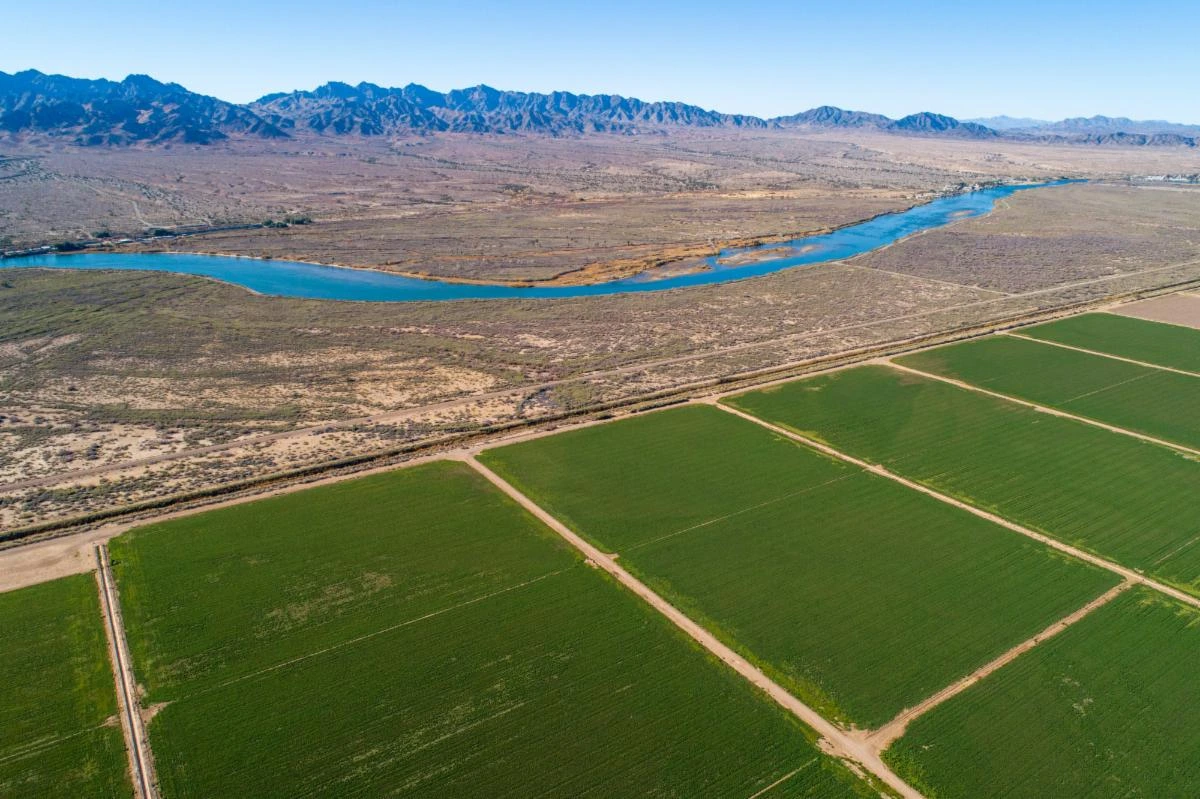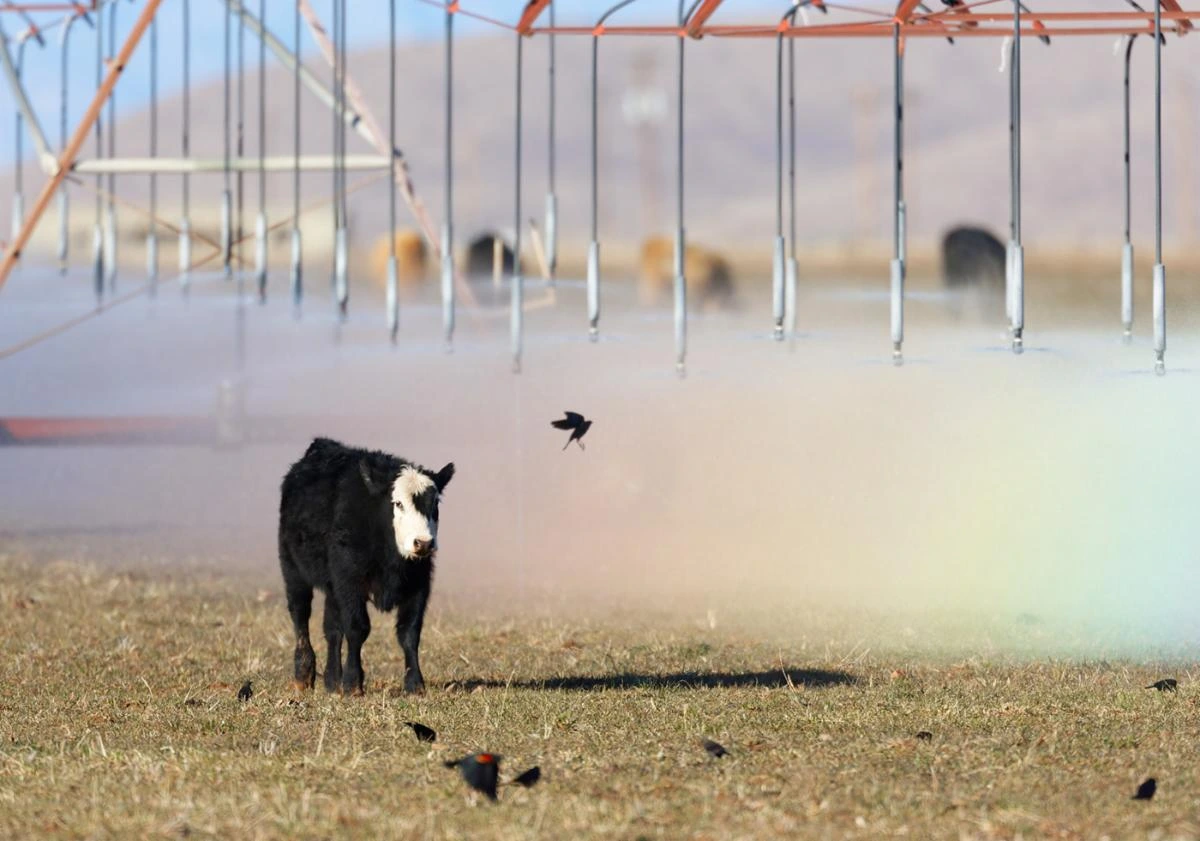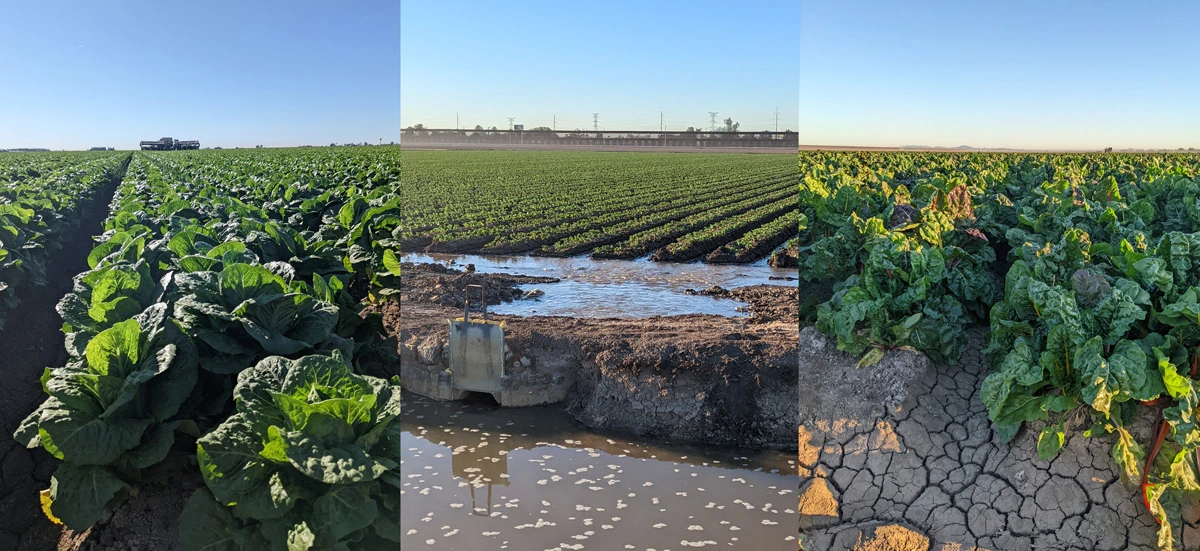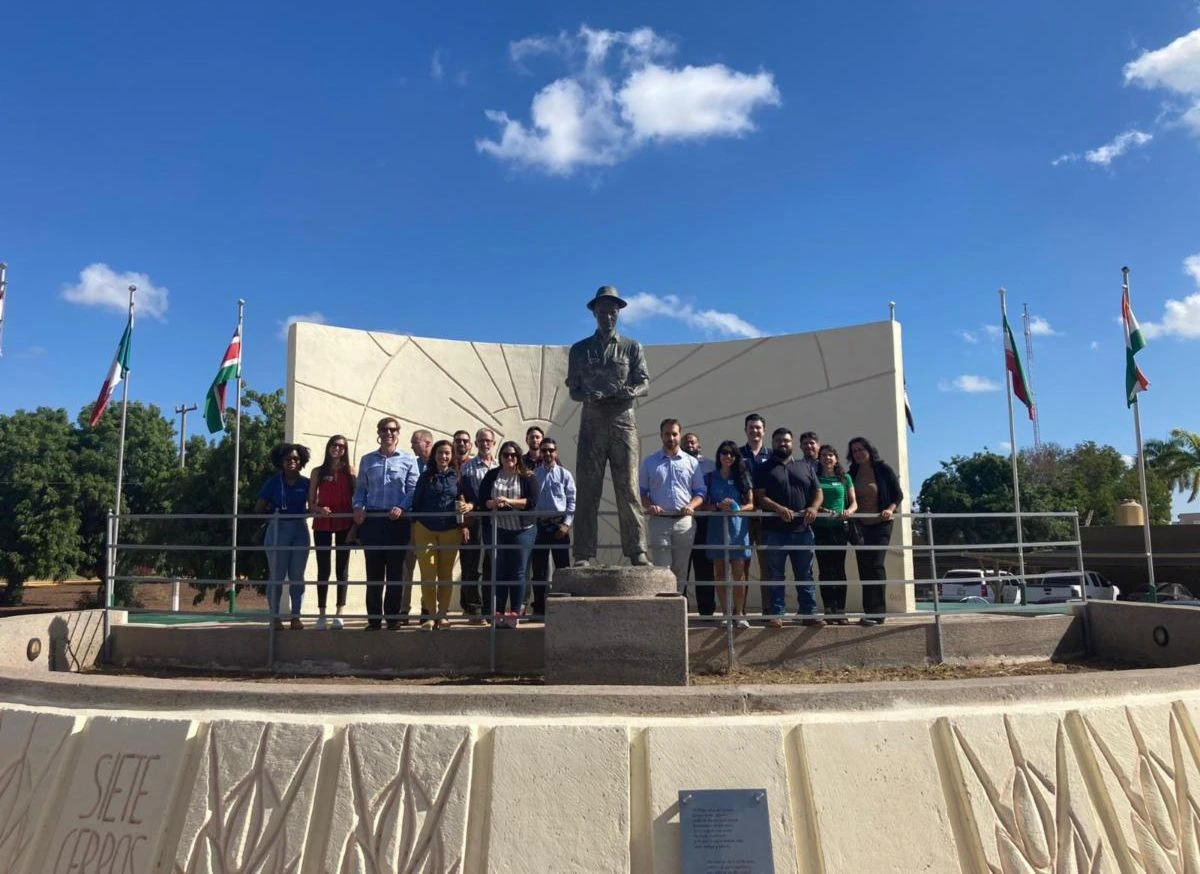Weekly Wave: 2nd Annual Southwest Groundwater & Ag Symposium Fosters Collaboration
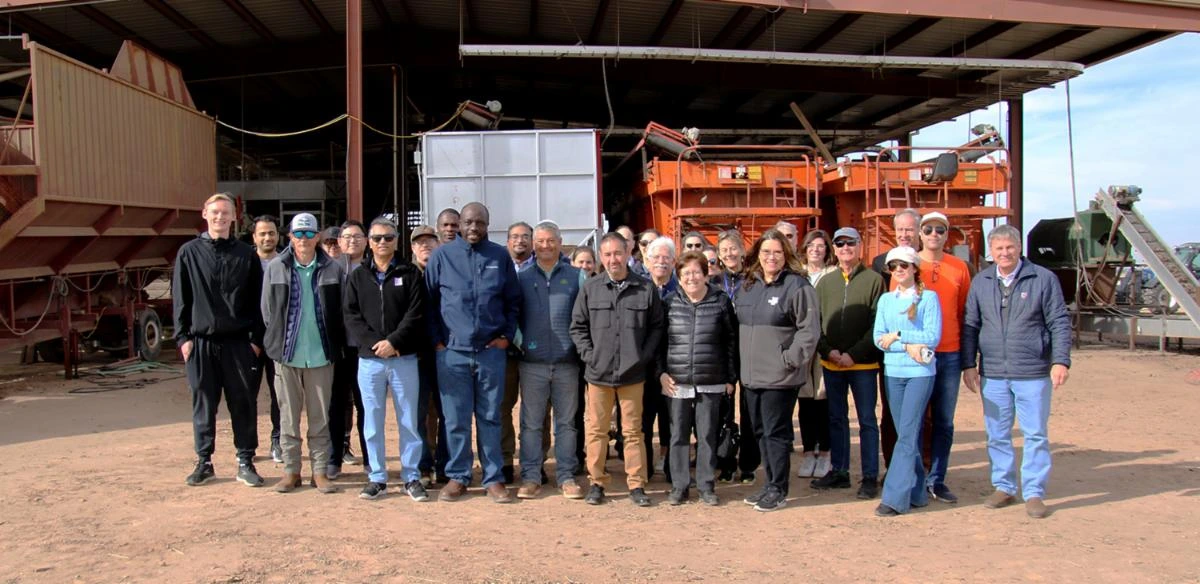
Image: Tyaun Marshburn, Ak-Chin O'odham Runner Newspaper
The 2nd Annual Symposium of the Southwest Groundwater and Sustainable Agricultural Systems project was held January 15–17 in Tempe, AZ, and WRRC Director Sharon B. Megdal, Post-doctoral Researcher Valerisa Gaddy, and Communications Coordinator Jessie Hampton were in attendance. The event provided a platform for the broad range of participating researchers, advisors, and partners from multiple western state universities and elsewhere, to share their work, collaborate, network, and exchange ideas. The symposium emphasized decision-making processes and fostered discussions on sustainable agricultural practices and groundwater management in the region. The lead Principal Investigator Isaya Kisekka of the University of California, Davis opened the symposium. Highlights included a plenary panel on groundwater and agriculture, moderated by WRRC Director Sharon B. Megdal, with three distinguished guest speakers: John Longworth, Senior Executive Engineer and Advisor to the State Engineer, and the New Mexico Interstate Stream Commission Director, Allison Febbo, General Manager of the Westlands Water District, and Paul Brierley, CEO and Executive Deputy Director of the Arizona Department of Agriculture. The program also included a keynote presentation from USDA NIFA National Program Leader James P. Dobrowolski, reports from members of the project advisory board, an in-depth small group work session dedicated to brainstorming about collaboration opportunities, and a lively poster session. On the morning of January 17, symposium attendees took a field trip to the Ak-Chin Farms to learn about Tribal agriculture from Ak-Chin Indian Community Chairman Robert Miguel and farm manager Damian Murrietta, who led the tour of the farm reservoir and processing plant.


